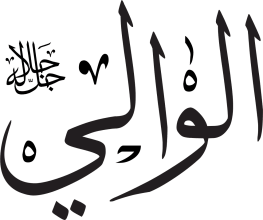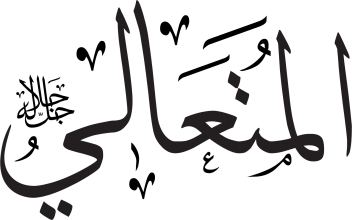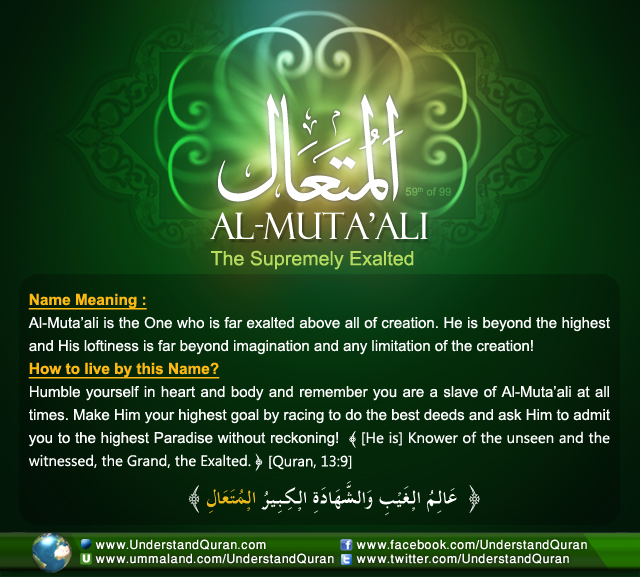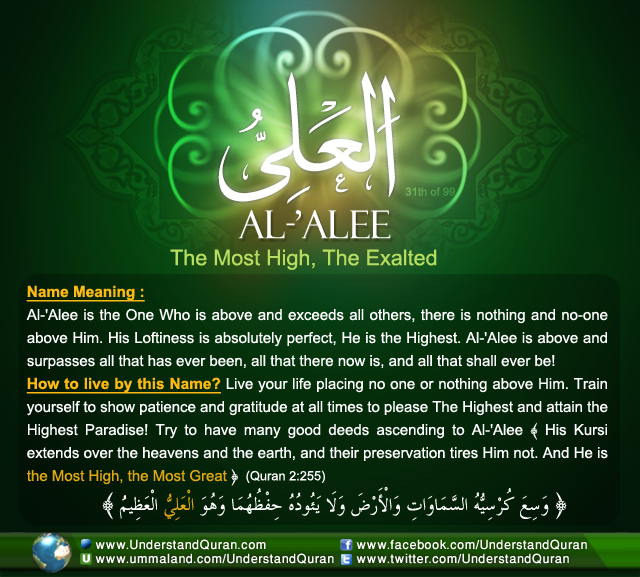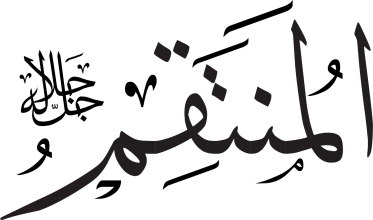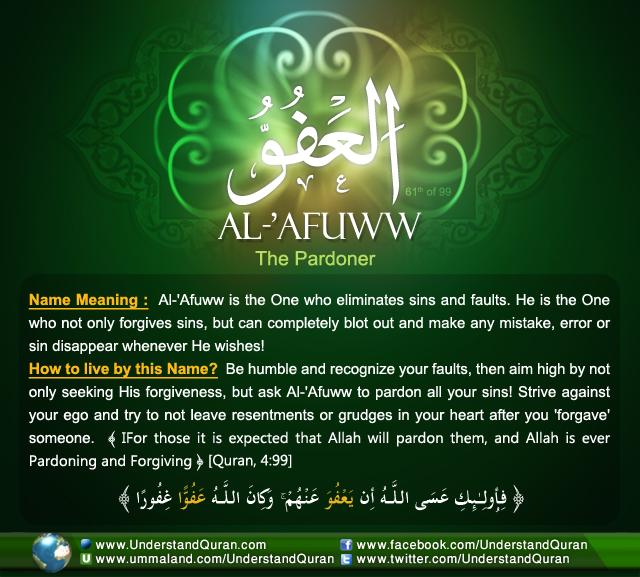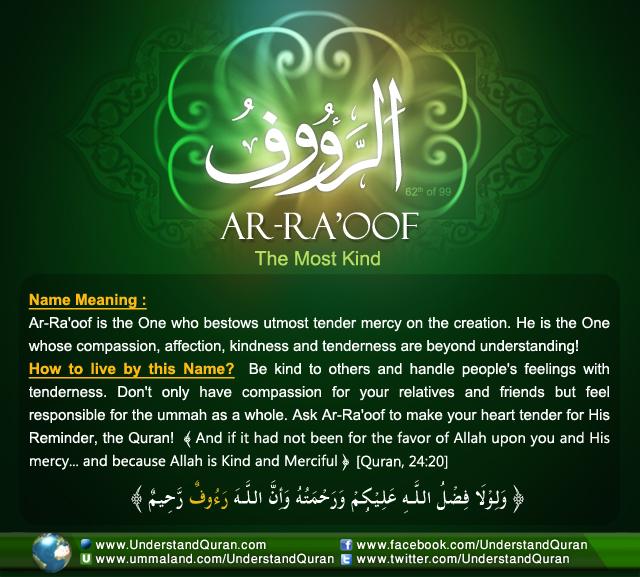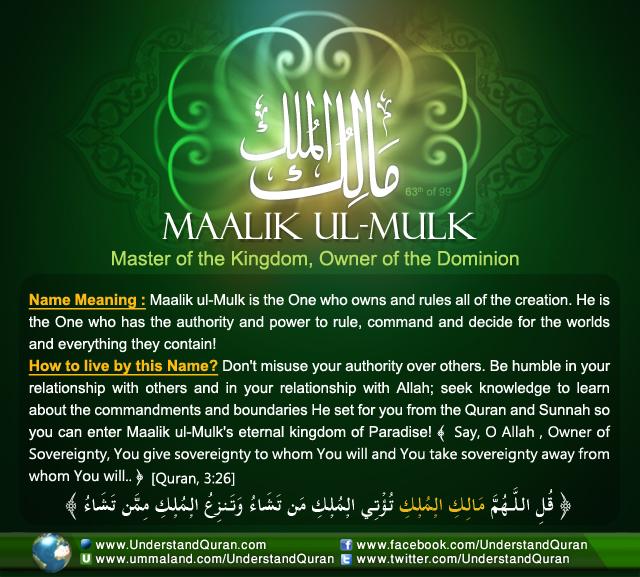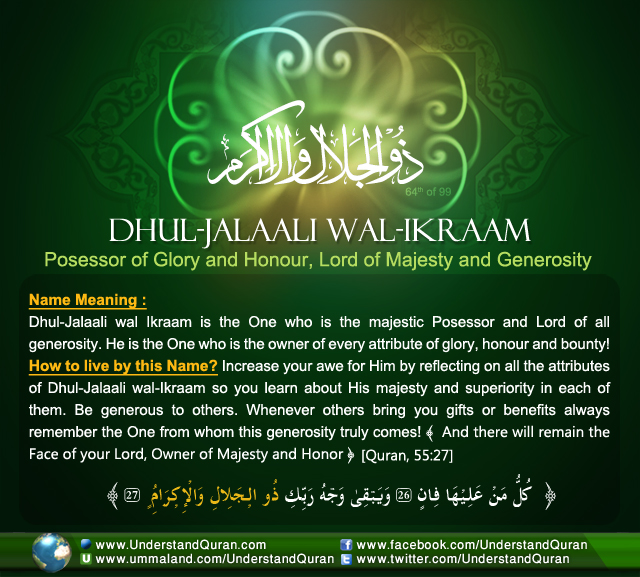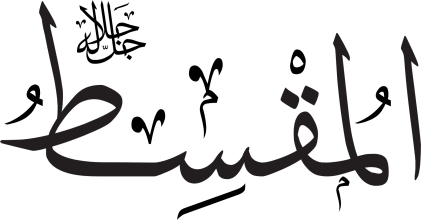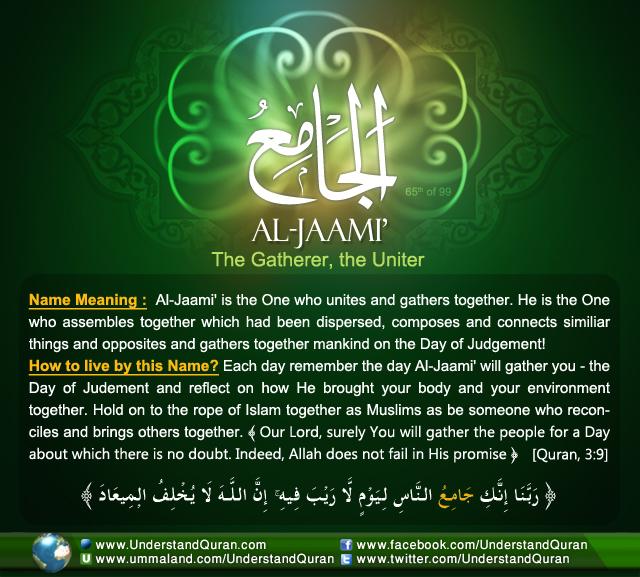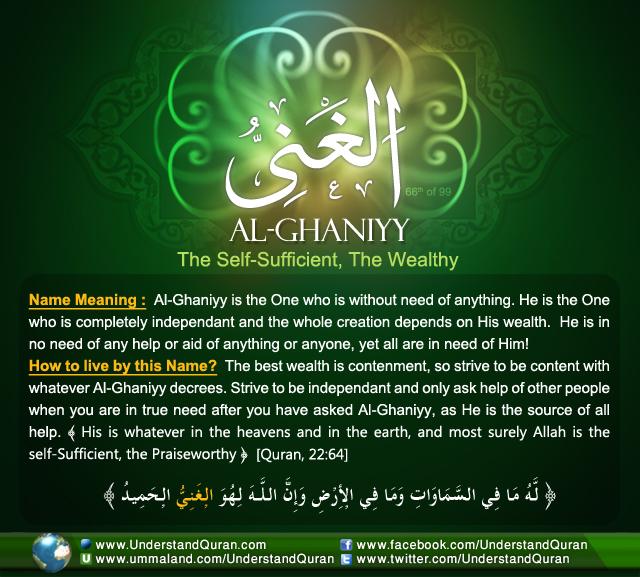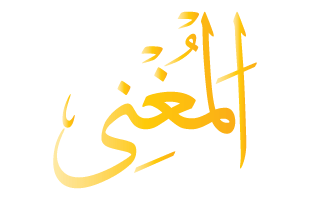DesertRose
Superstar
- Joined
- May 20, 2017
- Messages
- 7,676
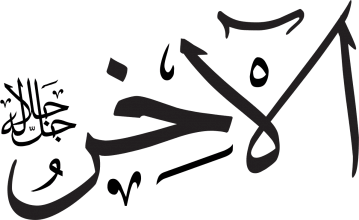
The Infinite Last One
Al-Akhir
The Last, The One whose Existence is without an end.

The Last One, The Ultimate
Aakhir comes from the root hamza-khaa-raa, which points to three main meanings. The first meaning is to be latter and to put back, the second is to postpone or to put at the end, and the third main meaning is to be final, last, and ultimate.
This root appears 250 times in the Quran in six derived forms. Examples of these forms are al-aakhirati (“the Hereafter”), yawmil-aakhiri (“Last Day”), yastakhiroonaa (“seek to delay, they remained behind”), ukhraa (“another”) and al-aakhareena (“the others”).
Al-Aakhir is the last without having a first. He is above any descriptions. Al-Aakhir is logically the first to give us guidance and the last to look after those whom He guides. He will remain the last One, with no one or nothing ever comparable to Him in essence or attributes!
Al-Aakhir Himself says: . . . He is the First and the Last, the Ascendant and the Intimate, and He is, of all things, Knowing. [Quran, 57:3]
What Will Remain?
In the beautiful ayaat of Surah Ar-Rahmaan (26 and 27) Allah ‘azza wajal says that all the residents of earth will perish and die. Even the residents of the heavens will die, except whomever Allah wills.
What will remain? Only the Honorable Face of Allah, because our Lord, the Exalted, the Blessed, is the Ever Living Who never dies. Ash-Sha`bi said, When you have recited, kullu man ‘alayhaa faa’n (Whatsoever is on it (the earth) will perish) do not stop, continue read: wa yabqaa wajhu rabbuka dhul jalaali wal ikraam (Only your Lord, possessed of majesty and honor, shall endure for ever). [Tafseer ibn Katheer]
How Can You Live By This Name?
1. Let your desire to meet Allah motivate you to perform good deeds.
The Messenger of Allah salallahu ‘alayhi wa sallam said: Whoever loves to meet Allah, Allah loves to meet him. Whoever is averse to meeting Allah, Allah is averse to meeting him [at-Tirmidhee] When you die you will be shown a glimpse of your destiny either in Paradise or in the Hellfire, this will bring about love or dislike of your meeting with Allah.
Every day think about your meeting with Allah and your standing in front of Him, and let this motivate you to do good deeds and strive against your desires so that you will be blessed with love of meeting Allah Al-Aakhir. Whoever puts Allah first will never be last!
2. Give continuous charity.
When you die you won’t be able to do any good deeds anymore and you will not receive any reward for actions anymore, except for three types of deeds. Their rewards will be lasting!
The Messenger of Allah salallahu ‘alayhi wa sallam said: When a man dies, his deeds come to an end except for three things: sadaqah Jariyah (ceaseless charity); knowledge which is beneficial; or a virtuous descendant who prays for him (the deceased). [Muslim]
So read about and give sadaqah jariyah (e.g. planting a tree, building a mosque, etc). Be part of spreading Islamic knowledge, like printing an Islamic book, printing your own leaflets to spread knowledge, etc.; no project is too small! And teach your children from an early age to make dua’ for you!
3. Remind yourself of the Last Day.
Don’t let a day go by without remembering the day you will be accounted for each of your deeds, no matter how insignificant you thought they were. Let remembrance of death and the day of account humble you.
When the Prophet went to bed, he would put his right hand under his right cheek and say: Allahumma qinee ‘adhaabaka yawma tab’athu ‘ibaadaka (My Lord, save me from Your punishment on the Day when You resurrect Your slaves, to be recited three times) [Abu Dawood] Memorize this supplication and write it on a note next to your bed, so you never forget to say it in shaa Allah!
4. Value silence and the rights of neighbours and guests.
In the Quran and Sunnah specific good deeds are narrated directly connected to your belief in Al-Aakhir and the Last Day. Strive to fulfill all of them in your daily life! The Prophet salallahu ‘alayhi wa sallam said: Whoever believes in Allah and the Last Day, let him say what is righteous or keep silent. Whoever believes in Allah and the Last Day, let him be kind to his neighbor. And whoever believes in Allah and the Last Day, let him be generous to his guest. [Muslim]
5. Ask Al-Aakhir for a good ending.
Some people commit an act of kufr at the very end of their lives. May Allah protect us from this and die upon disbelief! Some lives end in a horrible, disgraceful way, like young Muslims dying in car accidents while they were drunk and speeding and other examples of the angel of death seizing believers while they were engaged in a major sin. Ask Al-Aakhir for your last deed to be your best deed and your best day the day you meet Him. You can use this beautiful supplication— say it while deeply reflecting on your own life, deeds and death:
| Allahumma innee as aluka husnal khaatimah– O Allah, I ask You for a good end to my life.
|
O Allah, Al-Aakhir we know that You are the last One who will remain when everything perishes.
Bless us with love and eagerness to meet You and make us remind ourselves that we will stand before You so we can strive to do good.
Enable us to do deeds whose rewards will continue, counting for us after our death, and give us a good ending, ameen!
The Understand Quran Academy Team
Ustadh Baajour Names of Allah Al Akhir
Last edited:





